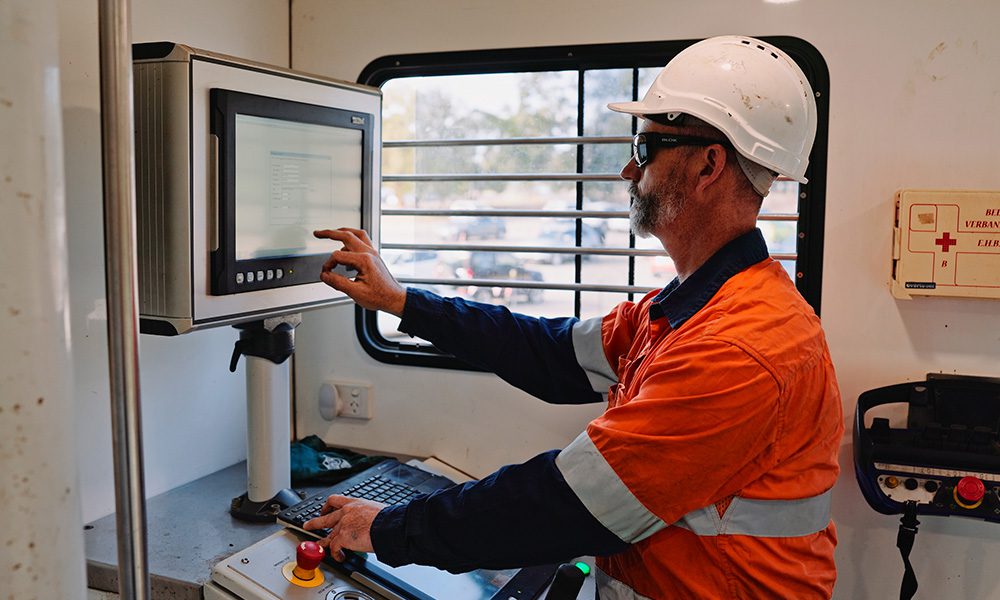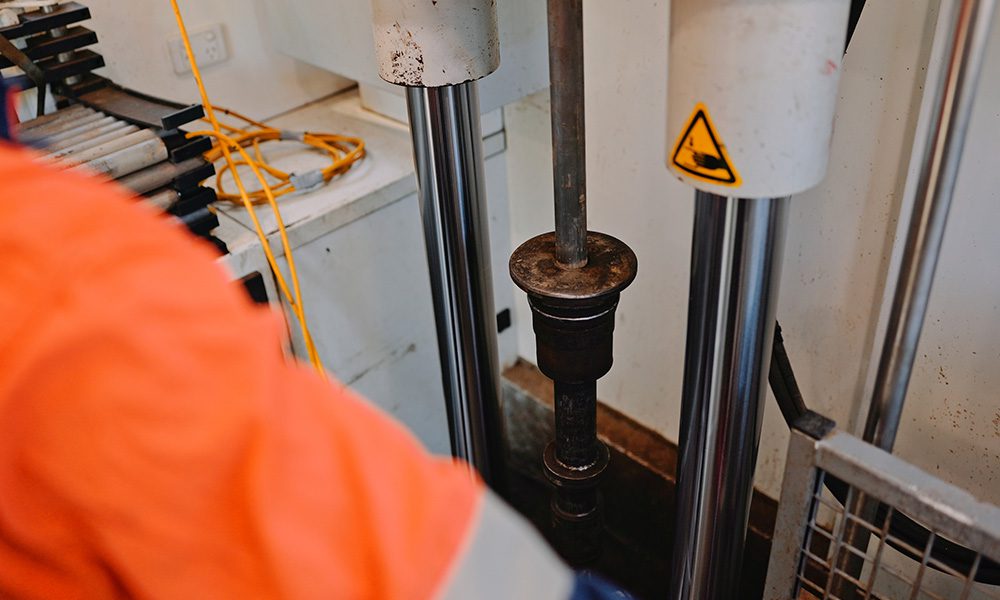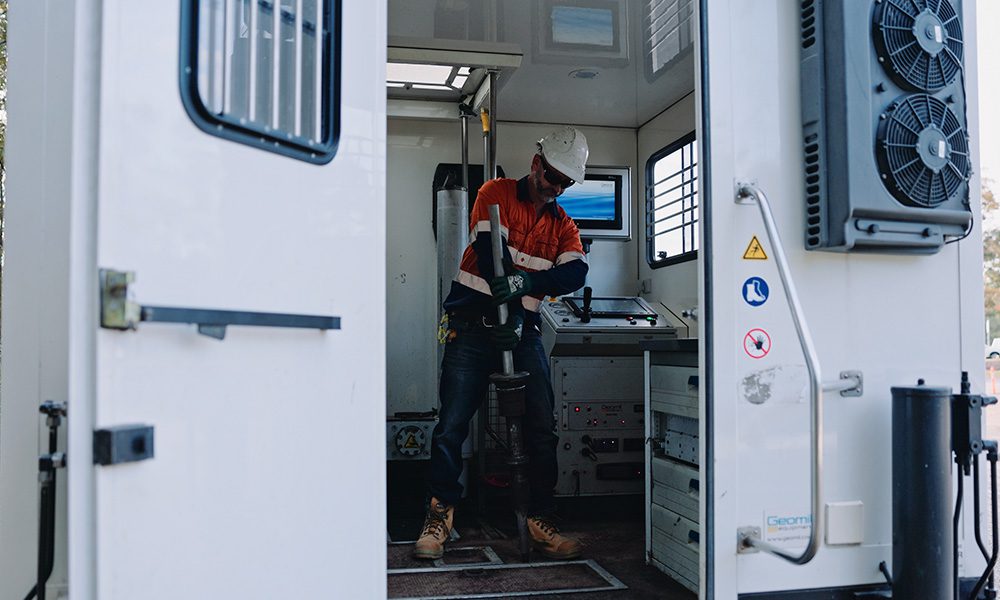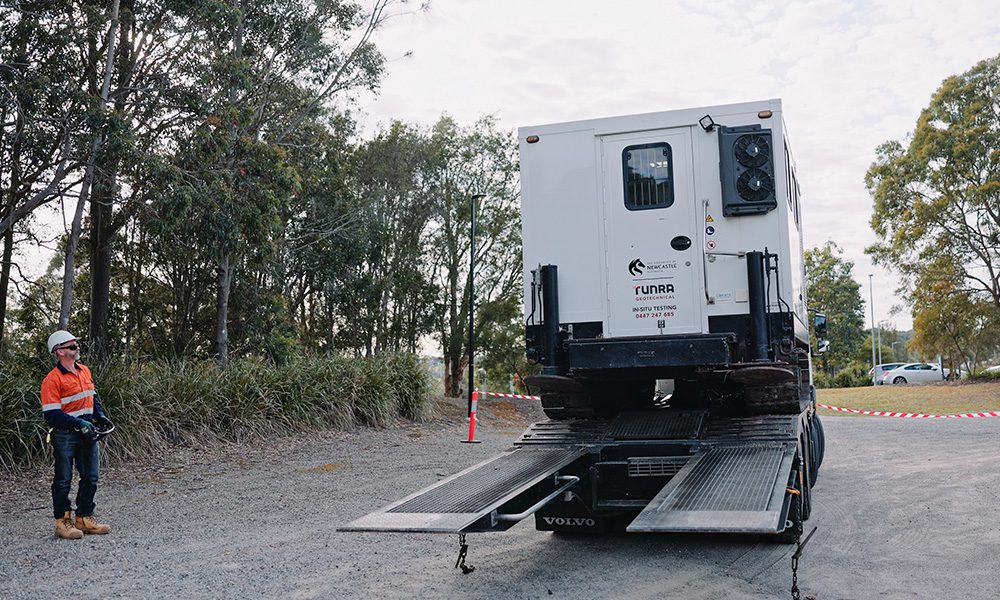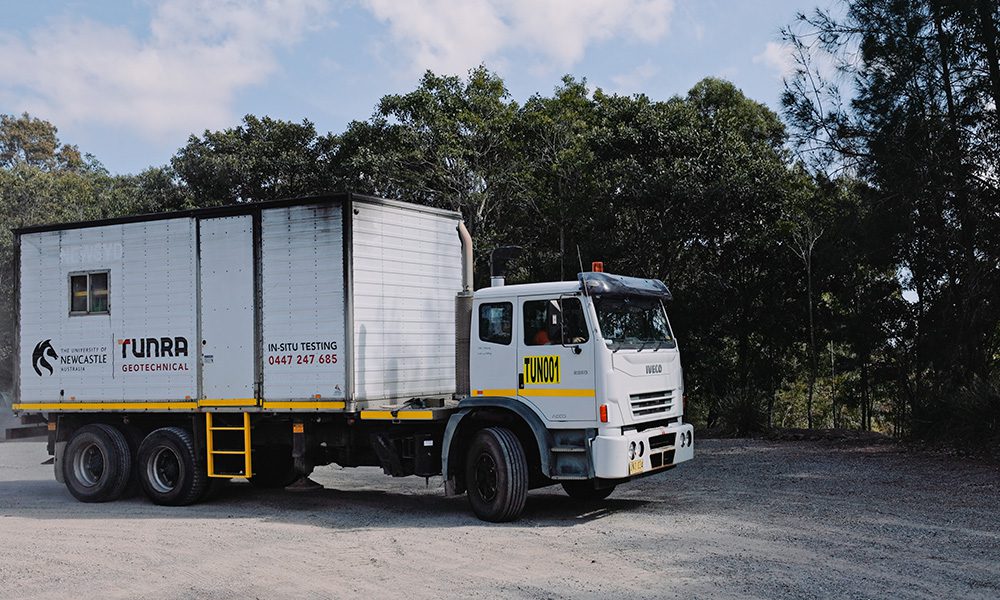Dissipation Testing
Expert Dissipation Testing at TUNRA Geotechnical
Our dissipation testing service is essential for consultants and professionals requiring nuanced understanding of soil mechanics. Utilising state-of-the-art methodologies, TUNRA delivers precision in pore pressure measurements and soil behaviour interpretation, crucial for comprehensive geotechnical analysis.
Book Dissipation Testing Today
Technologically Advanced Dissipation Factor Testing at TUNRA Geotechnic
Our services are engineered to provide vital data across various soil conditions, facilitating custom geotechnical solutions for complex project requirements.
Precise Pore Pressure Analysis
Our pore pressure dissipation test employs advanced sensor technology, providing critical insights into soil consolidation and permeability characteristics for robust geotechnical evaluation.
State-of-the-Art Testing Equipment
Engage with our sophisticated CPTU dissipation testing, offering unparalleled accuracy in quantifying soil stability and structural integrity.
Expertise in Soil Behavior Assessment
Our team, proficient in capacitance and dissipation factor testing, delivers expert analysis, drawing on extensive experience in advanced soil mechanics.
Tailored Testing Solutions
We offer a range of specialised dissipation tests, adaptable to specific soil types and project conditions.
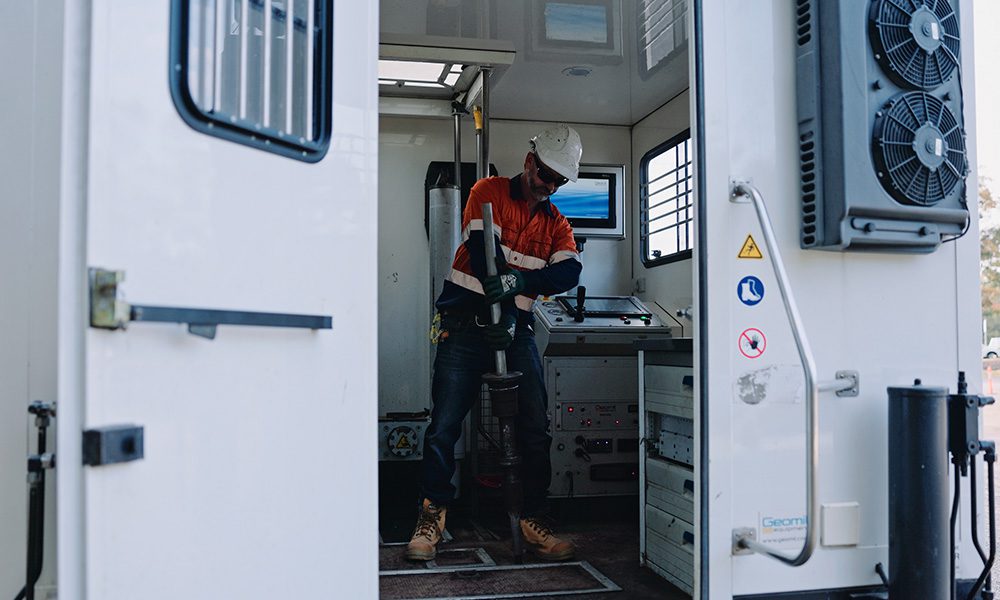
Dissipation Test Expertise & Experience
TUNRA’s technical prowess in dissipation testing is backed by years of field experience and academic research. Our team offers unmatched proficiency in both standard and complex testing scenarios.
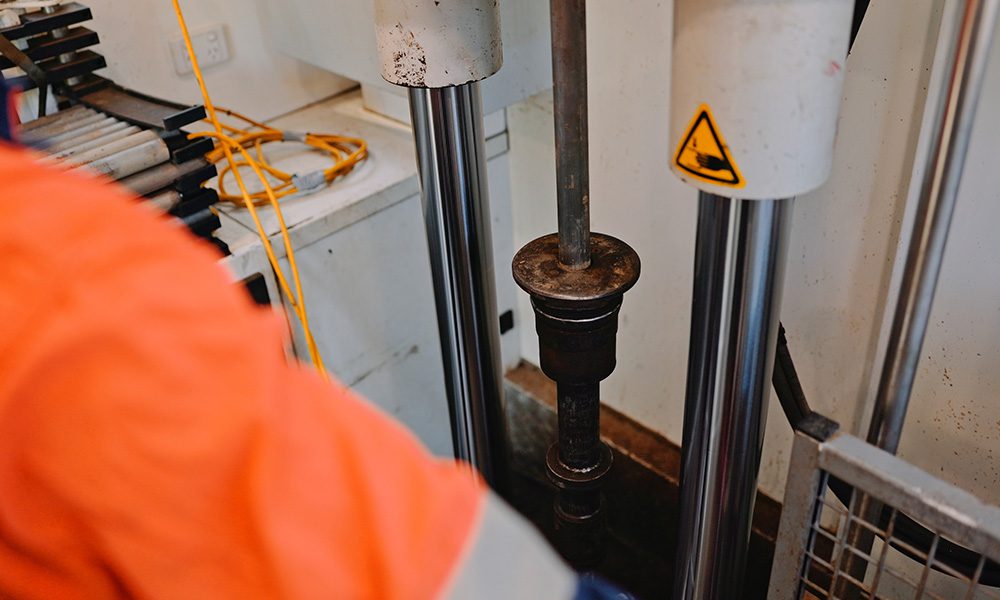
Dissipation Testing at TUNRA Geotechnical
Dissipation testing, a crucial component in geotechnical engineering, is a sophisticated method used to determine the consolidation properties and permeability of soils, particularly fine-grained soils like clays. This testing is essential for understanding how a soil will behave under load over time, which is vital for safe and efficient construction and civil engineering projects.
How Does Dissipation Testing Work?
1 - Initiation with Cone Penetration Testing (CPT or CPTU)
Dissipation testing often begins as part of a Cone Penetration Test (CPT) or a piezocone test (CPTU), where a cone equipped with sensors is pushed into the soil at a constant rate. The piezocone variant of this test is equipped with a pore pressure sensor.
2 - Establishing Equilibrium
Once the cone reaches a target depth, the penetration is halted. This pause allows for the measurement of excess pore water pressures that have developed in the soil due to the cone’s penetration.
3 - Monitoring Pore Pressure Dissipation Over Time
The key phase of a dissipation test involves recording the decrease in pore water pressure over time. As the soil gradually rebounds from the disturbance caused by the cone’s penetration, pore water begins to dissipate. The rate at which this dissipation occurs is meticulously recorded, as it is directly related to the soil’s permeability and consolidation characteristics.
4 - Data Analysis and Interpretation
The data collected from a dissipation test are plotted on a time vs. pore pressure graph. The shape and slope of the dissipation curve provide insights into the soil’s properties. Engineers interpret this data to estimate the coefficient of consolidation and hydraulic conductivity of the soil.
5 - Practical Applications
The information obtained from dissipation tests is used to predict how a soil will settle and consolidate under load over time. This is critical in designing foundations, embankments, and other structures, ensuring they are safe, stable, and durable.
6 - Advanced Variations
In more complex scenarios, such as varied soil layers or unique project requirements, dissipation testing can be adapted or combined with other testing methods to provide a comprehensive understanding of subsurface conditions.
Locally Focussed Dissipation Testing Near You
TUNRA Geotechnical supports Sydney, Newcastle, the Hunter and beyond. As the go-to geotechnical engineering experts in NSW, we’re ready to rapidly deploy to your job site.
